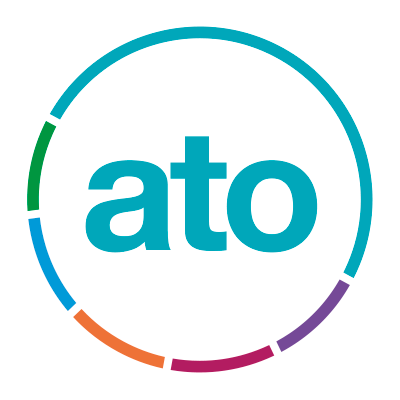
28 February 2022
Start your business right
There's a lot to know when you become self-employed. The best way to protect yourself from surprises is to plan ahead. Setting yourself up properly — legally and financially — is key, leaving you to get on with your business. Take your first business steps with handy checklists, registration links and useful tips - use our First Business app.
Manage your cash flow
Many self-employed people earn a good living. But even if your overall annual income is strong, the flow of money is not always regular. It can be weeks or even months between pay cheques.
To help with your cash flow, only make larger purchases once you've paid yourself and covered regular bills. Keep some money aside for the unexpected.
Being self-employed means you won't have the benefit of paid holidays or sick leave. It's up to you to put money aside. Regularly saving a little extra will help you manage during quiet periods, as well as funding a well-deserved break.
See business.gov.au for tips on managing your business finances.
Separate your wages and business money
Make a clear division between 'your money' and what belongs to the business. Pay yourself a wage, and keep separate bank accounts so that business spending doesn't get mixed up with your own.
This makes it clear what the business has earned and paid out. It's also easier to see the financial state (the 'profit and loss') of the business at any time.
Think about tax early
It's important to think about tax throughout the year, not only at tax time. Get advice from an accountant and plan for what's coming. Call us on 6260 4994 if you need assistance.
Income tax
If you're self-employed, you need to pay your own income tax.
Put money aside as you earn it, rather than waiting to receive a big tax bill. Open a savings account and transfer a percentage each time you get paid. Make this account for tax payments only, and off limits for other spending.
If your business grows, the Australian Taxation Office may require you to pay income tax in quarterly instalments. This is known as pay as you go (PAYG). Get an idea of how much you might have to pay with their PAYG instalment calculator.
Goods and services tax (GST)
Businesses that earn over $75,000 per year must register for GST. Once you've registered, you must lodge a regular Business Activity Statement (BAS) to report how much GST your business has collected and is claiming. This may be quarterly or annually.
Easily calculate the amount of GST you have to charge your customers or pay your suppliers - use our GST calculator.
Tax deductions
You may be able to claim some of your business costs against your income, meaning you pay less tax. Speak to us, and keep all your receipts in case you need them.
Make your super count
Superannuation may not be at the top of your list when you're starting out by yourself. But it's important to think about it early. Super is a tax-efficient way of saving money to live on when you stop working.
Since you won't get regular super contributions from an employer, it's up to you to make them yourself. As well as investing for your future, adding to your super can reduce the tax on your current income. You may also be eligible for the government super co-contribution.
See super for self-employed people for more information.
Protect your income — and your business
Without sick leave, getting sick or injured can mean financial difficulties. Income protection insurance can help you pay your bills if you can't work. If you have a super fund, find out whether they offer income protection insurance as part of the package.
If you’re moving from employee to self-employed, check if this affects the insurance cover through your super. Insurance terms and conditions vary from fund to fund.
Consider other types of insurance that can protect you and your business, such as public liability insurance and workers compensation insurance. See business.gov.au for information about insurance for business or call us on 9999 9999.
Case Study
Nathan stays on top of a variable income
Nathan runs his own business as a landscaper.
Nathan's income and expenses go up and down through the year. At first, he found this hard to manage. So he added up his monthly expenses to work out an amount to pay himself each month.
Next, he worked out his monthly cash flow by looking at what he earned across the whole year, then dividing it by 12 to get a monthly average. This tells him whether he's earned extra or not.
When Nathan earns more than usual, he now puts the extra into savings to get him through the leaner months. This means he has funds to cover unexpected business costs, such as an urgent repair.
If you need help managing your business's finances, contact us on 6260 4994.
Source:
Reproduced with the permission of ASIC’s MoneySmart Team. This article was originally published at https://moneysmart.gov.au/self-employment
Important note: This provides general information and hasn’t taken your circumstances into account. It’s important to consider your particular circumstances before deciding what’s right for you. Although the information is from sources considered reliable, we do not guarantee that it is accurate or complete. You should not rely upon it and should seek qualified advice before making any investment decision. Except where liability under any statute cannot be excluded, we do not accept any liability (whether under contract, tort or otherwise) for any resulting loss or damage of the reader or any other person. Past performance is not a reliable guide to future returns.
Important
Any information provided by the author detailed above is separate and external to our business and our Licensee. Neither our business nor our Licensee takes any responsibility for any action or any service provided by the author. Any links have been provided with permission for information purposes only and will take you to external websites, which are not connected to our company in any way. Note: Our company does not endorse and is not responsible for the accuracy of the contents/information contained within the linked site(s) accessible from this page.




